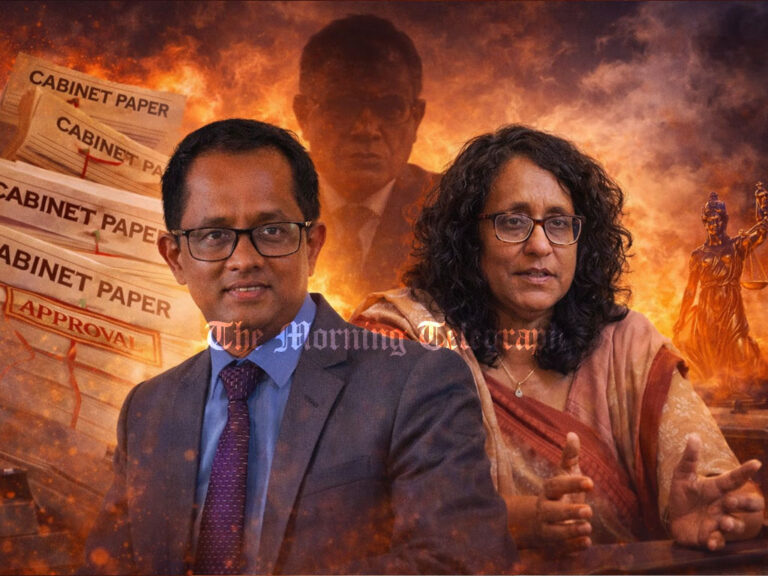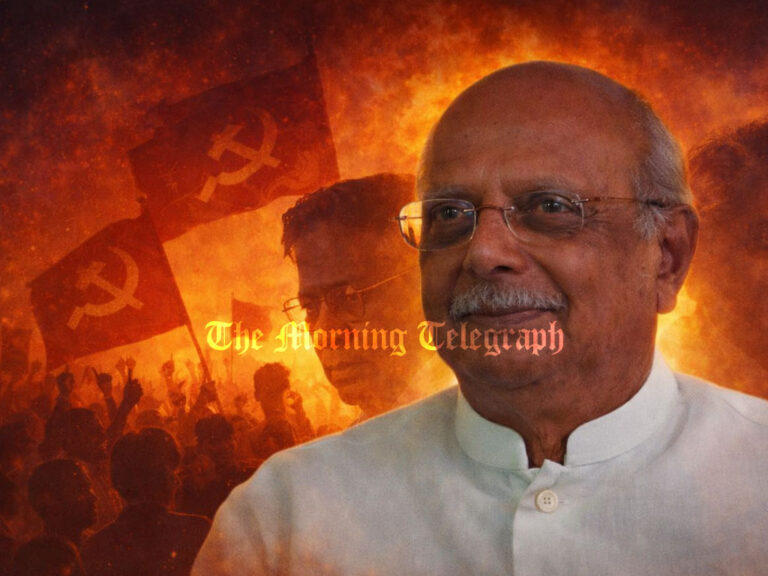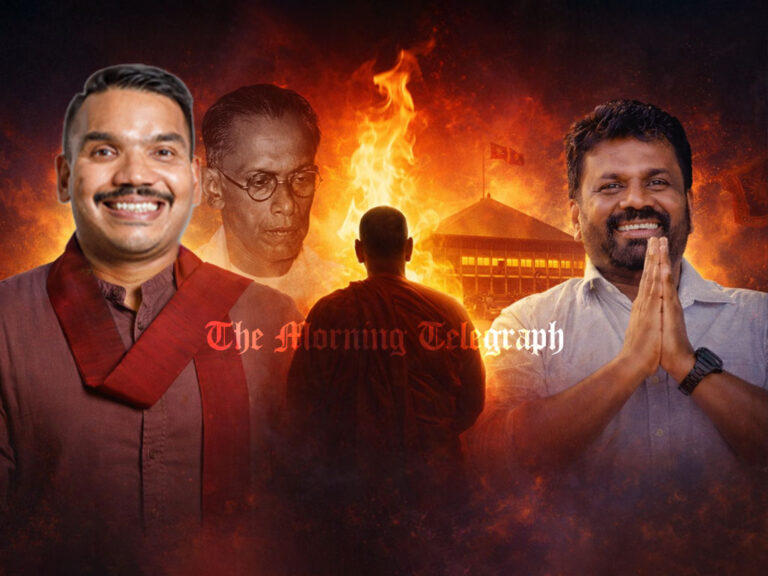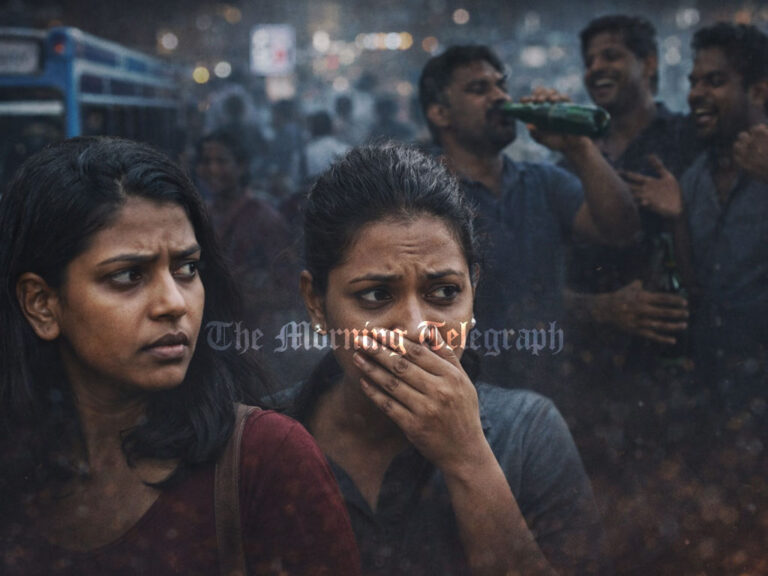
The London-based Lyca Group and its chairman, Subhaskaran Allirajah, are facing allegations of fraudulently acquiring Sri Lankan media outlets through proxies, violating local regulations prohibiting foreign ownership of such entities. A petition filed in the Supreme Court of Sri Lanka by Jamuni Kamantha Thushara claims that these acquisitions threaten the country’s national security and sovereignty.
The petition names 60 respondents, including the Telecommunications Regulatory Commission of Sri Lanka, the Secretary to the Ministry of Defence, the Secretary to the Ministry of Digital Economy, Cabinet members, and various companies and directors, with Subhaskaran Allirajah and his wife also listed. According to the petition, Lyca Group has indirectly gained control over 11 television and radio channels through fraudulent schemes designed to bypass Sri Lankan laws.
The media outlets in question are operated by companies such as VIS Broadcasting (Pvt) Ltd, which broadcasts Monera TV, Sita FM, Red FM, and Tamil FM; GMR Networks (Pvt) Ltd, which operates Aadhavan TV and Aadhavan Radio; Colombo Communications (Pvt) Ltd, responsible for Sri FM, Ran FM, and E FM; and EAP Broadcasting Company (Pvt) Ltd, which manages Swarnavahini and ETV. These companies reportedly hold licenses issued by the Ministry of Mass Media and the Telecommunications Regulatory Commission, obtained under questionable circumstances that enabled Lyca Group’s indirect control.
Key individuals implicated in the case include Govindasamy Thuraiappa Jeyaseelan, the Group Director of Ben Holdings and a former Chief Operating Officer of Lyca Mobile UK, and Niruthan Rajasundaram, a shareholder in several implicated companies. The petition alleges that despite being denied security clearance by the Ministry of Defence, these individuals have managed to maintain control over media channels and broadcasting licenses through indirect and fraudulent means.
The petition raises serious concerns about the risks posed by Lyca Group’s control of media channels with significant transmission infrastructure, including the Piduruthalagala Transmission Tower. It asserts that this situation represents a critical threat to Sri Lanka’s national security and sovereignty, urging the court to take appropriate action.
This case, now before the Supreme Court, underscores the need for stringent enforcement of media ownership regulations and raises important questions about safeguarding the integrity and independence of the country’s media landscape. It also brings to light the broader issue of foreign influence in Sri Lanka’s critical sectors.




